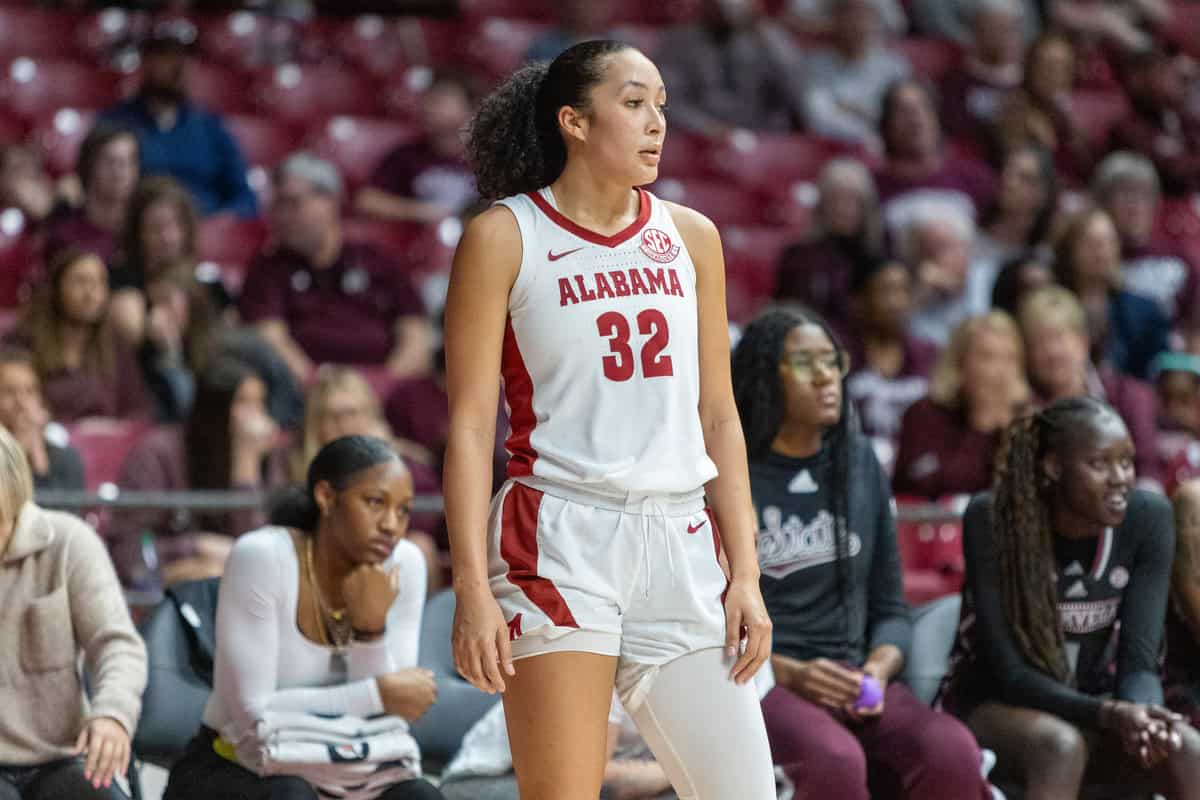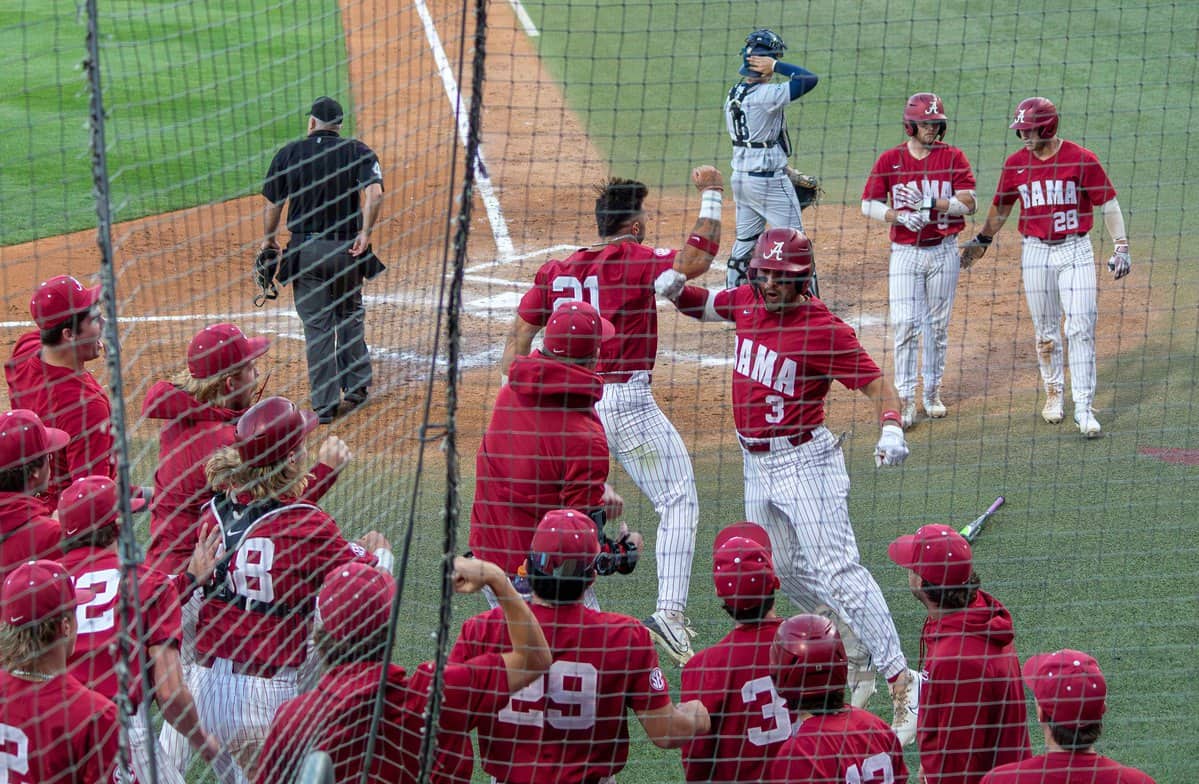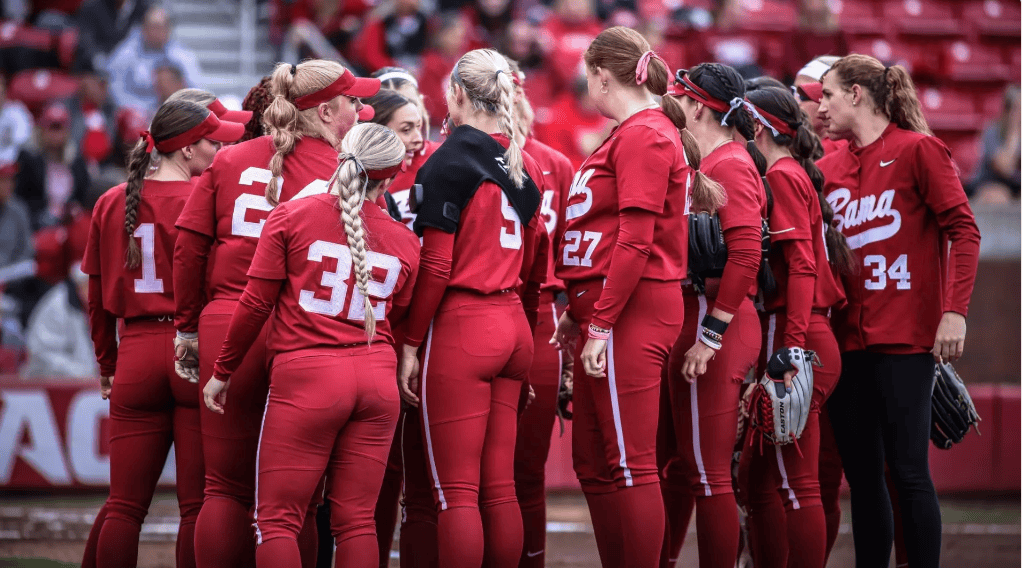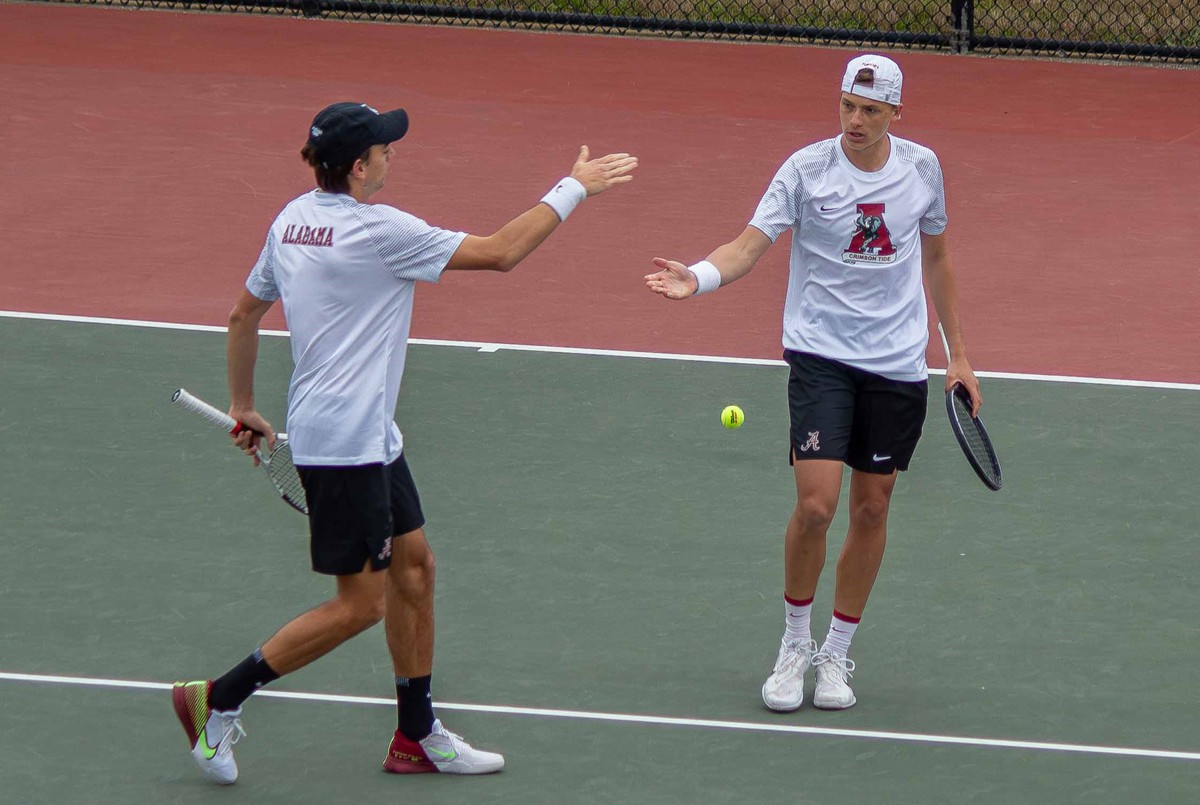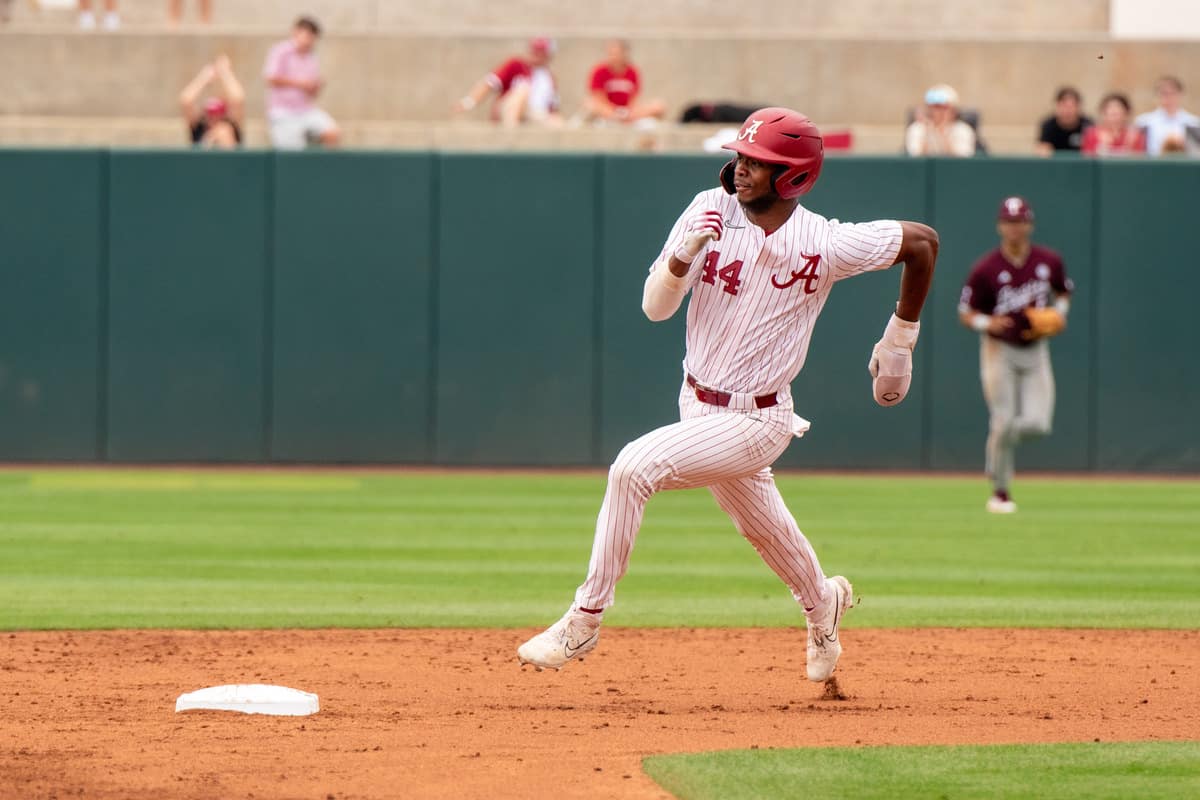On Monday, former Olympian Michael Phelps surprised everyone when he announced he was going to end his retirement and begin working toward the 2016 Olympic Games in Rio de Janeiro, Brazil. The swimmer has won 22 total medals for the United States in three Olympic Games, with 18 of those being gold.
Phelps is believed to be reuniting with fellow Olympians Ryan Lochte and Katie Ledecky at his first event back in Mesa, Ariz., on April 24.
He will be 29 years old in June and 31 when the summer games take place. While that would be considered old for an athlete to compete at that level, if anyone could make the return, it would be Phelps.
Phelps holds the record for most gold medals in a single Olympic Games, winning eight total at the 2008 games in Beijing, but he retired on top of the sport, trying to leave before he started to lose his edge. If he does make the full return and qualify for the 2016 games, it could signify a change in how the age of athletes affects their performance.
If he returns and wins, the days of athletes being cast aside because of their age may be long gone. Every day, athletes are pushing the boundaries on what they are physically able to do, thanks to the progress in both medicine and training. This should really play a greater role when athletes of all sports are approaching the later years of their contracts.
Much like Phelps, if the athlete is still performing at a high level, it shouldn’t matter what the birth certificate says. This is not to say that an older athlete should still get the same contract a kid coming out of college should get, but executives should pay more attention to an athlete’s success before replacing them with a newer model. Too often athletes try to beat the front office to the punch and retire before they can be forced out.
It really shouldn’t be like that. It’s understandable that teams want to always look toward the future, but they also can’t forget the past. Players that shaped franchises shouldn’t be tossed aside for the next big thing, especially when they are still playing at a high level.
Athletes should work toward contracts that give them more control in the back end of their careers. It would protect them from being punished for something they cannot control. Otherwise, there are going to be more athletes like Brett Favre and Phelps out there who realize they still have what it takes and get back in the game.


